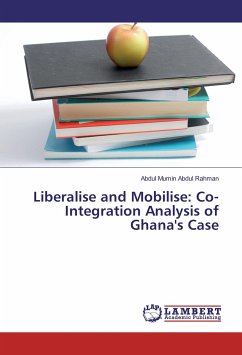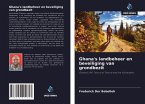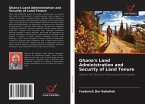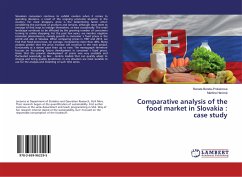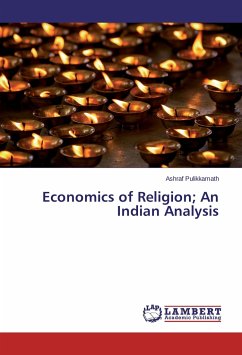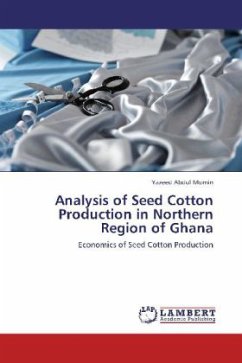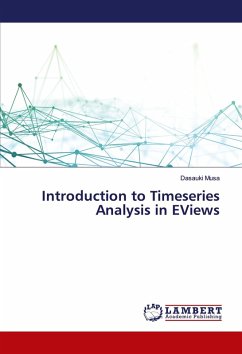How is the attainment of state legitimacy through domestic revenue mobilization be maintained under international trade? The international financial institutions such as the IMF, advocate for trade liberalization which are sometimes conditioned in loans and other economic assistance advanced to developing countries. These liberalization policies run parallel with taxation and other domestic revenue mobilization policies to enhance state building in most, if not all, of these developing countries. One ambiguous relationship is the one that exist, both theoretical and empirical, between tax revenue and trade liberalization. Tax revenue constitute the main source of domestic revenue to developing countries, and it is being affected both directly and indirectly, by openness to international trade. The net effect depends on the structure of the trade liberalization and the elasticity of import demand. This book adopts the use of co-integration analysis, to examine how consistent the liberalization policies are with tax revenue. It uses Ghana, a country described as one of the champions in opening up to international inflows of goods and services, as a case study.
Bitte wählen Sie Ihr Anliegen aus.
Rechnungen
Retourenschein anfordern
Bestellstatus
Storno

